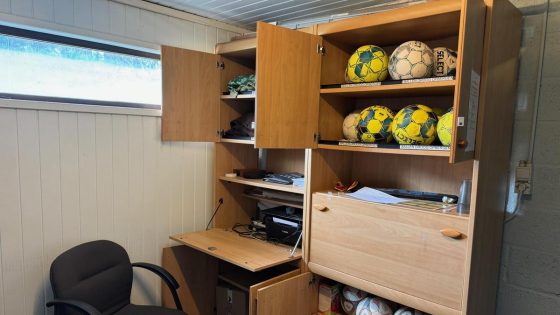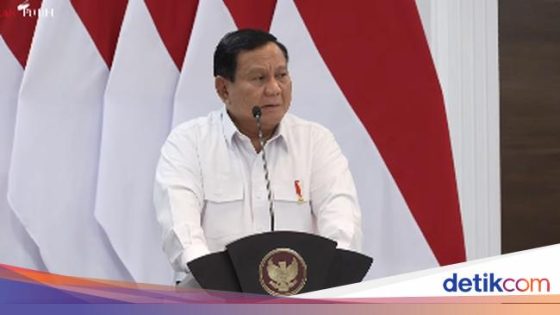The Brazilian government is set to engage with the united states regarding the 25% tariffs on steel and aluminum imports. On February 12, 2025, Vice President Geraldo Alckmin emphasized the need for a dialogue to find a viable solution that benefits both nations.
- Brazil seeks US solution for steel tariffs
- 25% tariff impacts Brazilian exports
- Alckmin advocates for export quotas
- 2018 agreement established steel export quotas
- US is Brazil's top steel buyer
- Meeting planned with US government officials
Could a quota system replace the current tariffs? Alckmin believes this approach could ease costs for American manufacturers while supporting Brazilian exports.
Brazil Seeks Dialogue with the U.S. on Steel and Aluminum Tariffs
What impact do tariffs have on international trade? Brazil’s Vice President is advocating for discussions with the U.S. to address the significant tariffs imposed on Brazilian steel and aluminum. These tariffs have a direct effect on Brazil’s export economy, and Alckmin’s proposal for a quota system aims to mitigate these challenges.
Understanding the Tariffs and Their Impact on Trade
The 25% tariffs on steel and aluminum imports from Brazil have raised concerns among producers and policymakers alike. Alckmin’s discussions with U.S. officials could lead to a more favorable trade environment. Key points include:
- Tariffs increase costs for American manufacturers.
- Brazilian steel producers advocate for a return to a quota system.
- Negotiations could enhance bilateral trade relations.
- Potential for a win-win solution that benefits both countries.
Tariff History and Its Economic Consequences
The imposition of tariffs on steel and aluminum by the U.S. dates back to 2018, during President Trump’s administration. This policy aimed to protect American industries but has led to increased prices for consumers and businesses. Understanding this history is crucial for grasping the current situation.
Potential Outcomes of the Negotiations
What could a successful negotiation mean for both countries? If Brazil and the U.S. reach an agreement, it could lead to reduced costs for American manufacturers and improved export opportunities for Brazilian producers. This shift could foster stronger economic ties and stability in trade relations.
Looking Ahead: The Future of Brazil-U.S. Trade Relations
As Brazil prepares to engage with the U.S. government, the outcome of these discussions will be pivotal. A successful resolution could pave the way for a more collaborative trade environment, benefiting both nations economically. Will this be the turning point for Brazil’s steel and aluminum exports?

































